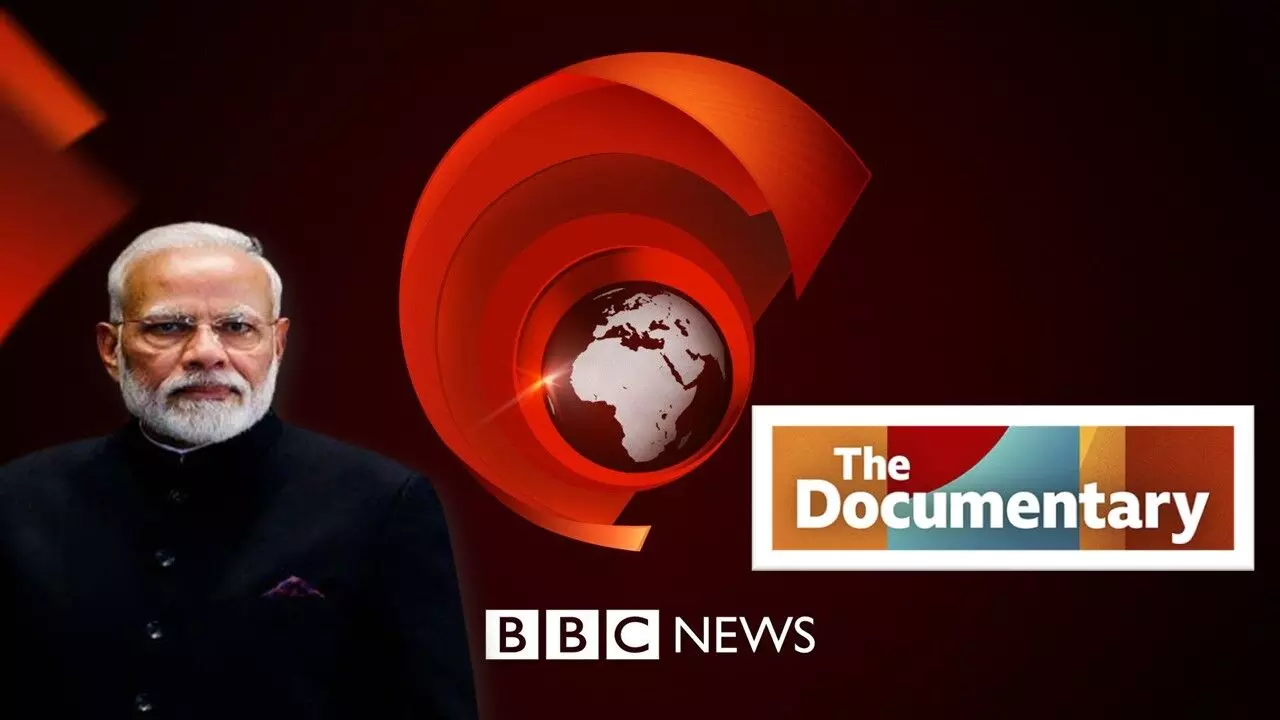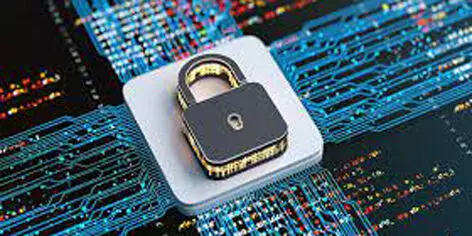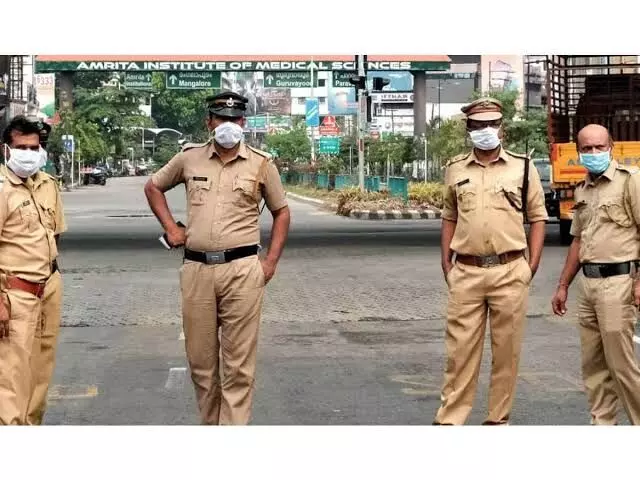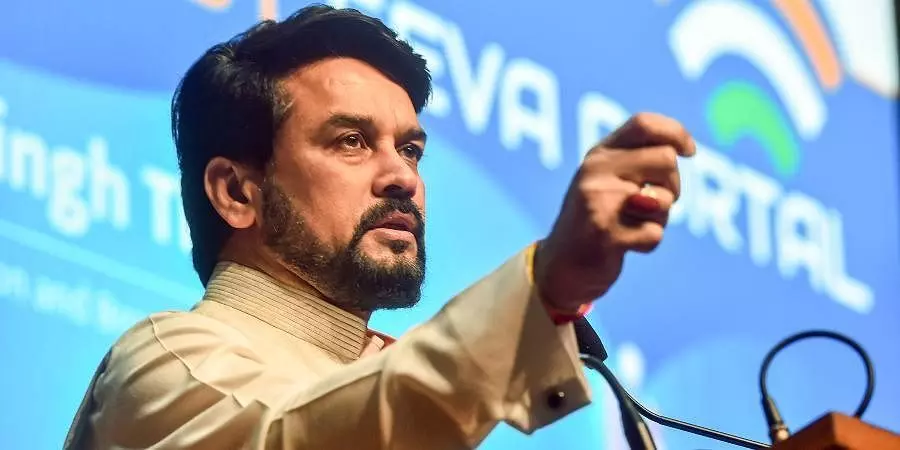
'Emergency rules' and media censorship
text_fieldsWithin the span of a week, the country has witnessed two new examples of the Indian government pulling out increasingly sharp weapons of media censorship. Aggressive moves are being made to control the news and to promote pro-government claims without being questioned, in a manner reminiscent of the efficient use of such measures during the Emergency, but on an even larger scale. It is not unexpected that a BBC documentary directly linking the 2002 Gujarat genocide to Prime Minister Narendra Modi, the then chief minister of the state, was banned in India. As at the moment, the video and link of the documentary have not only been removed from social media including YouTube and Twitter, but sharing the documentary and posting comments about it have also been prohibited. A government spokesman justified this action by saying that the BBC documentary was nothing but vilification and propaganda. It has been criticized as biased, not objective and an example of colonial thinking. In the same manner, various pro-government quarters are justifying the documentary ban. It is clear that such opinions did not emerge after directly watching the banned documentary. Even British Prime Minister Rishi Sunak, who said in the British Parliament that he did not agree with the narrative in the documentary, has not claimed to have seen it. At the same time, the British Foreign Secretary of the period Jack Straw informed that the British team that came to India and investigated the same had submitted a clear report about the state's complicity in the Gujarat genocide. Reports also say that even after the Indian government alleged that it was all propaganda, Straw is sticking to his position.
Needless to say, banning the documentary did nothing to brighten India's image. In addition, while producing the documentary, the BBC had asked for the response of all those mentioned, including Modi. In case of false allegations, they should have been explained with evidence. The message we send to the world by banning post-release is that the problem lies in telling the truth, whatever it is. The documentary was banned by an order issued by the Secretary of the Ministry of Information & Broadcasting. This order is based on the 'Special Emergency Power' in the IT Act, 2021. Under this 'emergency' rule, intermediaries such as social media are obliged to remove content the government asks them to remove. If the move is to do away with anti-social content, that can be understood. But at the same time when any comments critical of the government are asked to be taken down on their very appearance, hate posts are allowed to go unpunished until court interventions become necessary shows; this shows what the real purpose of this law is.
Meanwhile, in parallel a draft provision has been included in the IT Act amendment as a powerful weapon of censorship. Apart from the fact that fake news will have to be removed, the draft states that the Press Information Bureau (PIB), a government department, will decide whether the news is genuine or fake. According to this, everything that PIB deems fake will have to be removed from online platforms including social media. This comprehensive censorship, the hallmark of only totalitarian countries, will turn the entire media into mouthpieces of the state. Free press will disappear. What makes the media relevant in a democracy is its freedom to expose the failures of the government and to criticize the government's position. Prime Minister Modi's own statement in 2017 was "You are free to criticise me; constructive criticism is vital because it strengthens democracy"?. Is he walking from that position now? It goes without saying that disagreeing with the king is not treason, and democratic freedom exists when one can criticize the rulers. This freedom will disappear when a government department decides what is truth and publishable news. The fact-checks conducted by PIB have already shown that they do not have the qualifications or even the basic skills to decide on it. Its method of labelling an item 'fake' without even mentioning the criteria or the evidence for labeling it as fake has been exposed many times. The reasons given by the PIB for calling the news about the ventilator deal in Gujarat fake during the Covid era were ridiculously absurd. Many including the Editors' Guild have also taken exception to the excessive powers proposed to be given to the PIB. The recent directive to the government departments not to talk to the media about the Joshimath tragedy should be read in addition to the new moves. The implication of all this is that neither will correct information be provided nor what is unfavorable to the government will be allowed to become news. Are we turning into a country that is so afraid of truth?









